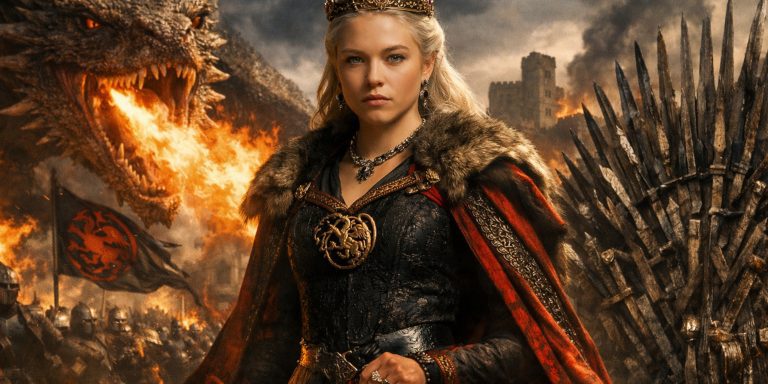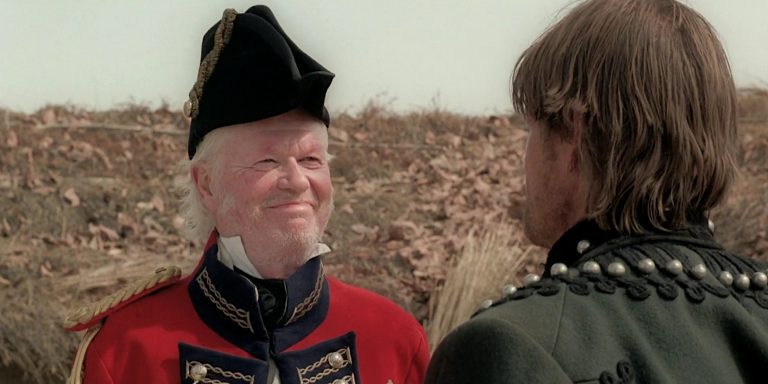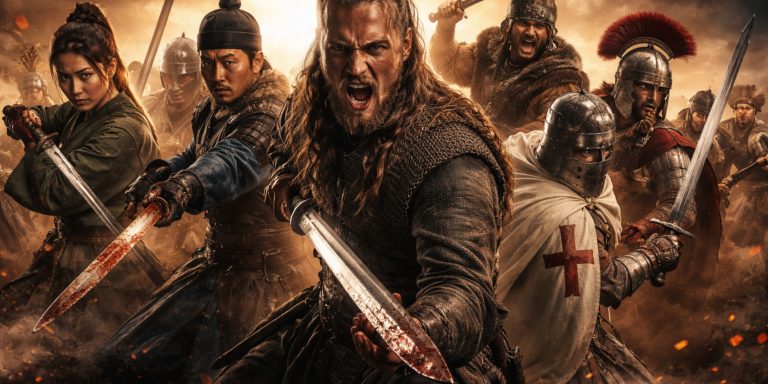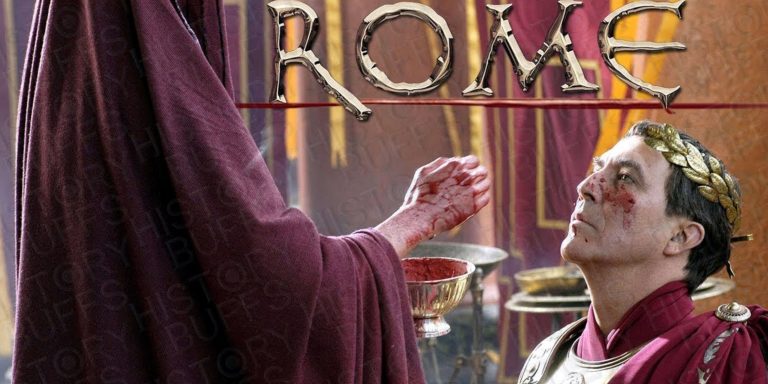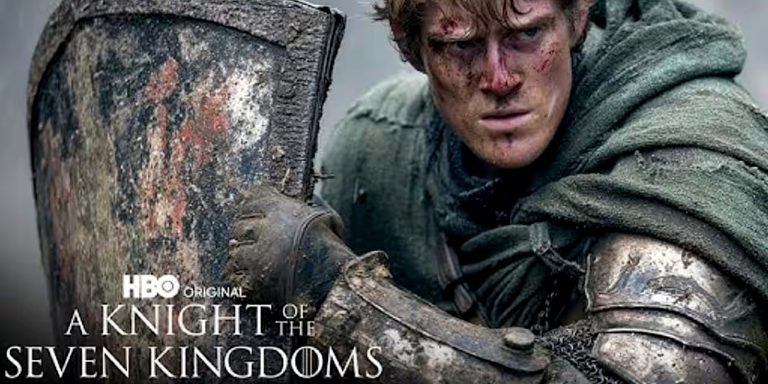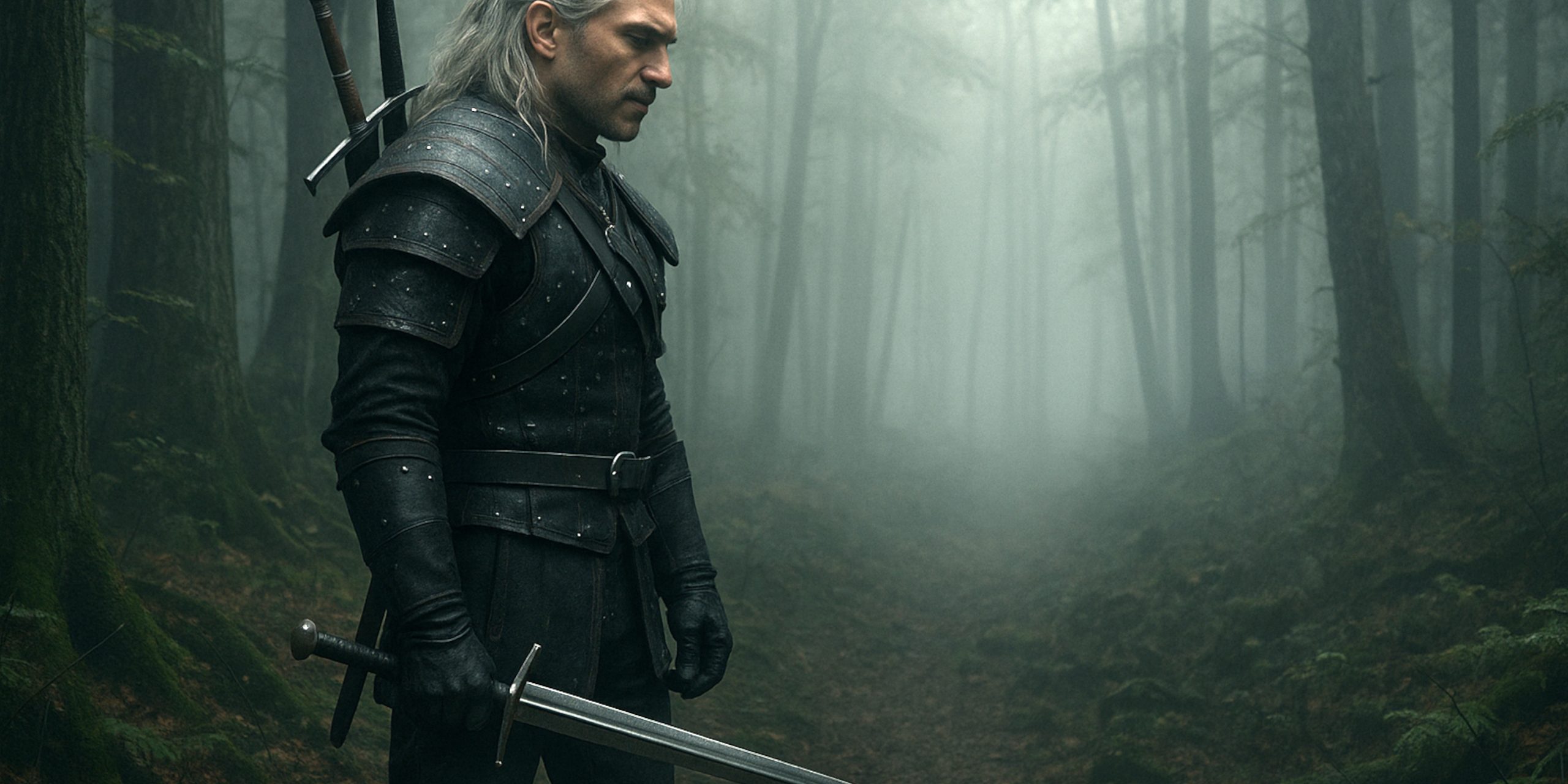
The Line Between Monster and Man
If you’ve spent even five minutes in The Witcher universe, you’ll know that Geralt of Rivia doesn’t just slice up everything that snarls at him. Sure, he’s a mutant bred for battle, but he’s also a philosopher with a sword and a trauma history that would make Freud sweat. Geralt’s code isn’t written anywhere, but it’s clear: it’s about control, judgement, and survival in a world where everyone is a little bit monstrous.
So, what exactly does Geralt kill for? And, more importantly, what won’t he? Let’s unpack the witcher’s rulebook that isn’t really a rulebook at all.
What Geralt Will Kill For
1. Monsters Who Cross the Line
Geralt’s day job is pretty straightforward: kill monsters that threaten humans. But not every monster deserves death. Many are intelligent, tragic, or just trying to exist. He only draws steel when the creature poses a real threat or breaks what he sees as the natural balance.
In The Witcher 3, for example, he spares the higher vampire Regis and even helps monsters who aren’t malicious. Geralt sees evil in intent, not in form. Which is ironically very human of him.
Moral takeaway: If you bite people for fun, Geralt’s probably coming for you. If you just happen to look like a bat, you might be fine.
2. Human Cruelty
Witchers aren’t supposed to take sides, but Geralt’s neutrality has limits. When humans act worse than the monsters he’s paid to kill, his sword tends to find its way into their ribs.
From bandits who prey on the weak to rulers who use people like chess pieces, Geralt doesn’t pretend to be blind. Remember The Bloody Baron questline? Geralt’s decisions there show that he’s not neutral about abuse, corruption, or cowardice, he just won’t pretend he’s a saint either.
Moral takeaway: Geralt’s got no time for moral relativism. Hurt innocents and you’re on borrowed time.
3. Payment and Professionalism
Geralt might be brooding, but he’s still a contractor. If the coin’s fair and the target’s justified, he’ll do the job. His code doesn’t exclude making a living, it just insists on honesty.
He won’t take blood money for senseless killing, but he won’t apologise for being paid to do what others can’t. In The Witcher 2, his hunt for kings and conspirators isn’t about loyalty; it’s about duty, survival, and maybe a bit of curiosity.
Moral takeaway: Geralt’s not your hero. He’s your hired sword with a conscience.
What Geralt Won’t Kill For
1. Politics and Power
Geralt avoids politics the way most people avoid the plague. He knows kings and sorceresses play games he wants no part in. His rule? Never kill for power.
Even when he’s dragged into political messes, like in The Witcher 3: Wild Hunt, his decisions are grounded in personal ethics, not alliances. If Geralt kills a king, it’s not because he wants the throne, it’s because that king’s earned it.
Moral takeaway: Geralt won’t kill to climb the ladder, but he might kick it out from under someone if they deserve the fall.
2. Revenge for Revenge’s Sake
Geralt’s seen what revenge does to people, usually, it ends with a corpse on the floor and no one feeling better. While he understands vengeance, he rarely acts on it himself.
He kills to protect, not to get even. When he does cross the line into personal emotion, it’s rare and usually messy. Think of the Renfri storyline in The Witcher series. He tried to stay neutral, failed miserably, and hated himself for it.
Moral takeaway: Revenge burns everything, including the person holding the torch.
3. Innocents and the Misunderstood
Geralt’s not a moral absolutist, but he’s got empathy that could shame most priests. He won’t kill someone who doesn’t deserve it, even if it makes his life harder.
One of the best examples? The “Ladies of the Wood” storyline, where every choice hurts someone. Geralt doesn’t take pleasure in violence; he weighs it, carries it, and regrets it. That’s the witcher’s burden, he knows killing always leaves a stain, even if it’s for the right reasons.
Moral takeaway: Geralt saves those who can’t save themselves, even when no one’s watching.
The Code in the TV Series
Netflix’s The Witcher nails this aspect of Geralt’s personality. Henry Cavill plays him as a reluctant philosopher who grunts more than he lectures, but every choice shows the code beneath the armour.
- Season 1: Refusing to kill Renfri until he’s forced to.
- Season 2: Sparing Nivellen despite his monstrous form.
- Season 3: Standing between Ciri and the world’s worst instincts.
Every time Geralt says, “Evil is evil, lesser, greater, middling… makes no difference,” he’s not being edgy. He’s admitting how impossible moral clarity is in a world like his.
Geralt’s Code Isn’t About Rules, It’s About Balance
Geralt’s code isn’t really a code. It’s an evolving philosophy born from pain, survival, and hard choices. He’s not trying to save the world, just trying to leave it slightly less awful than he found it.
That’s what makes him compelling. He’s a killer who doesn’t want to kill, a mercenary with morals, a monster who understands humanity better than most humans do.
So next time you see him pause before a fight, know this: he’s not thinking about glory or destiny. He’s asking himself one simple question, is this worth the blood?

